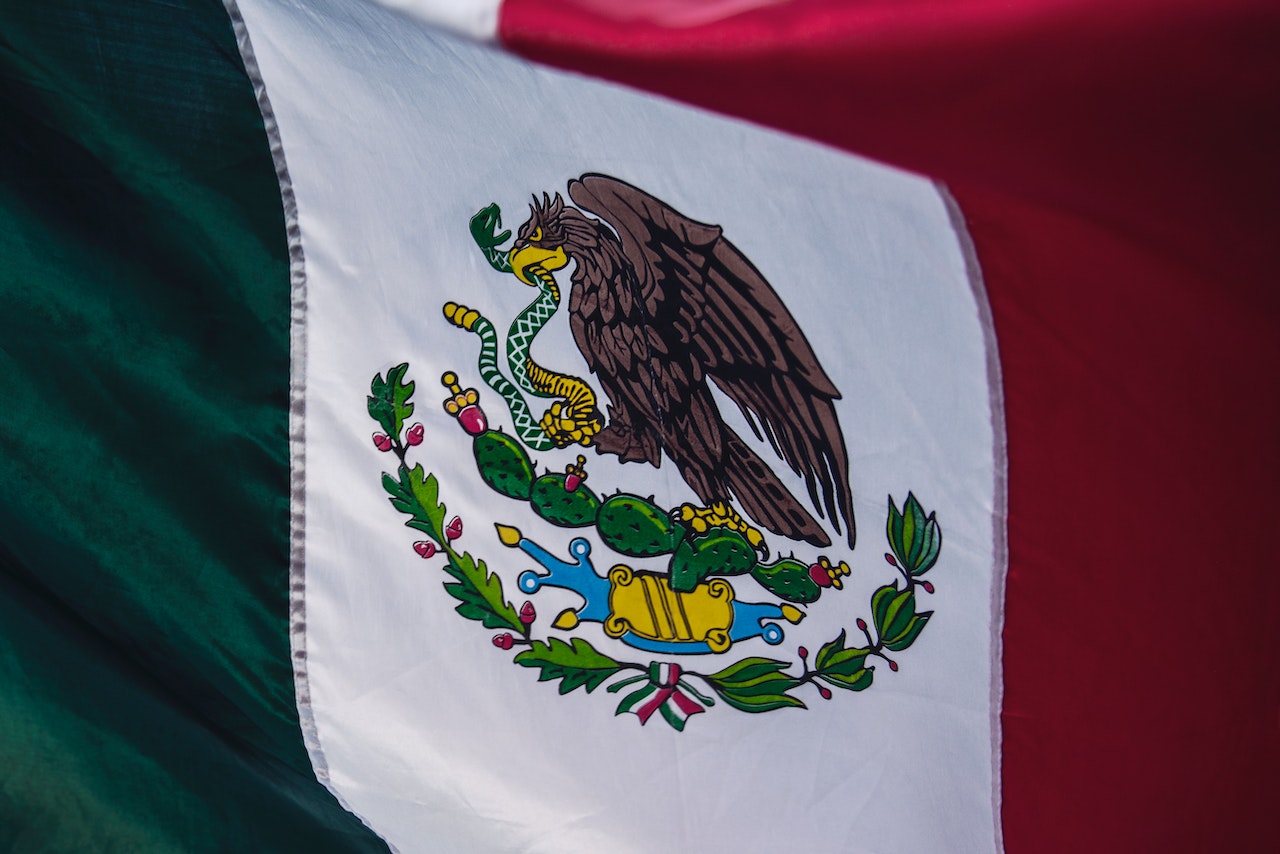Cinco de Mayo – a Little History
By Editorial Team
Cinco de Mayo, which is Spanish for “May 5th,” is a holiday celebrated in Mexico and the United States

History:
Cinco de Mayo commemorates the victory of the Mexican army over the French army at the Battle of Puebla on May 5, 1862. At the time, Mexico was in a state of financial ruin and had recently defaulted on its debts to European countries. In response, France, Great Britain, and Spain sent troops to Mexico to demand repayment of their loans. The British and Spanish eventually withdrew their troops after reaching an agreement with the Mexican government, but the French remained and attempted to establish a monarchy in Mexico. The Mexican army, led by General Ignacio Zaragoza, was able to defeat the French forces, despite being outnumbered and outgunned. While the victory did not end the French intervention in Mexico, it was a significant morale boost for the Mexican people.
Celebration in Mexico:
In Mexico, Cinco de Mayo is primarily celebrated in the state of Puebla, where the battle took place. The holiday is marked by parades, military reenactments, and cultural performances, as well as traditional foods and drinks such as mole poblano, chiles en nogada, and tequila. While Cinco de Mayo is not a national holiday in Mexico, it is still an important day of pride and patriotism.
Celebration in the United States:
In the United States, Cinco de Mayo has become a popular holiday, especially in areas with large Mexican-American populations. While the holiday has historical significance in Mexico, in the U.S. it is often associated with celebrating Mexican culture and heritage. Many cities and towns across the country hold parades, festivals, and street fairs featuring traditional Mexican music, dance, and food. Popular Cinco de Mayo foods in the U.S. include tacos, guacamole, and margaritas.
In conclusion, Cinco de Mayo is a holiday celebrated in both Mexico and the United States to commemorate the Mexican army’s victory over the French at the Battle of Puebla. While the holiday has historical significance in Mexico, in the U.S. it is often a celebration of Mexican culture and heritage.

